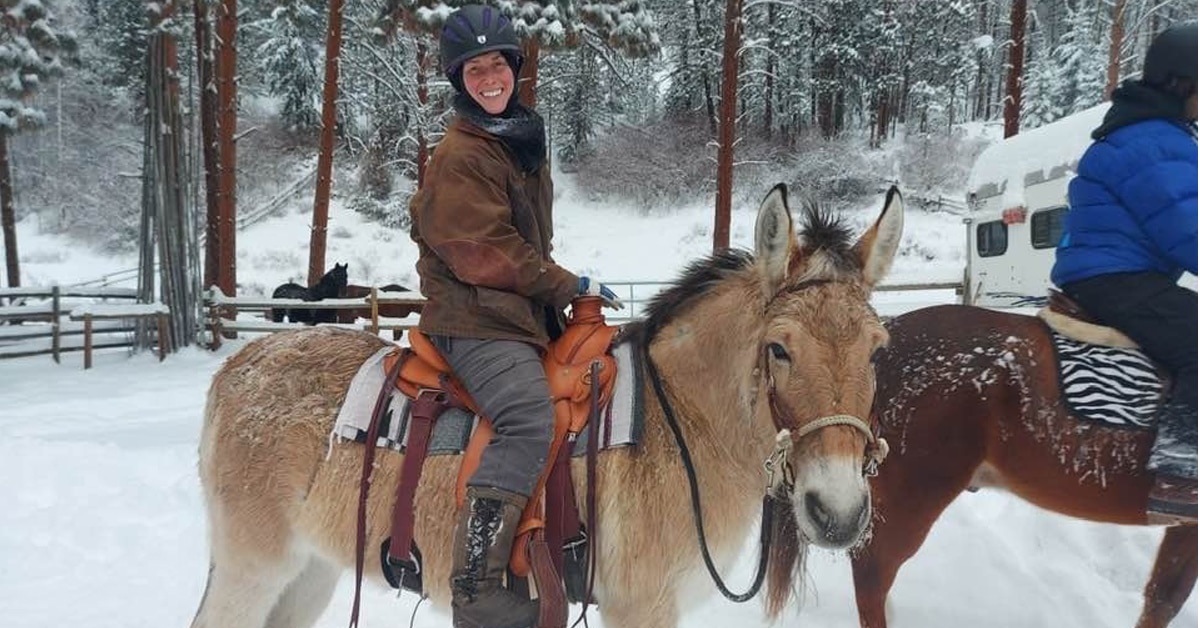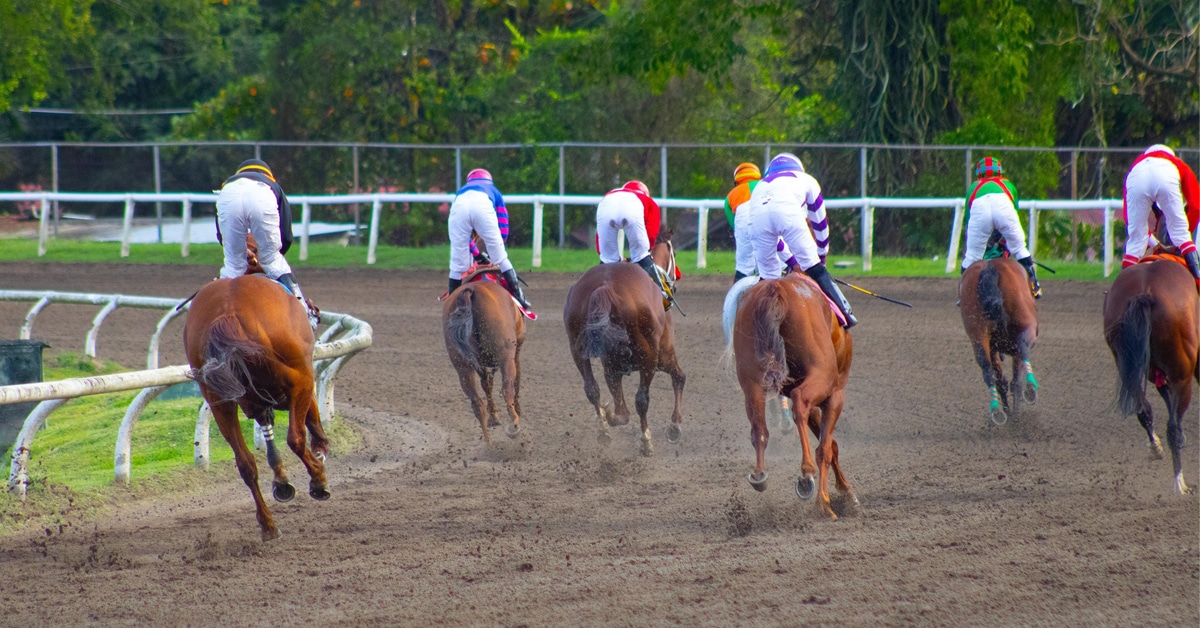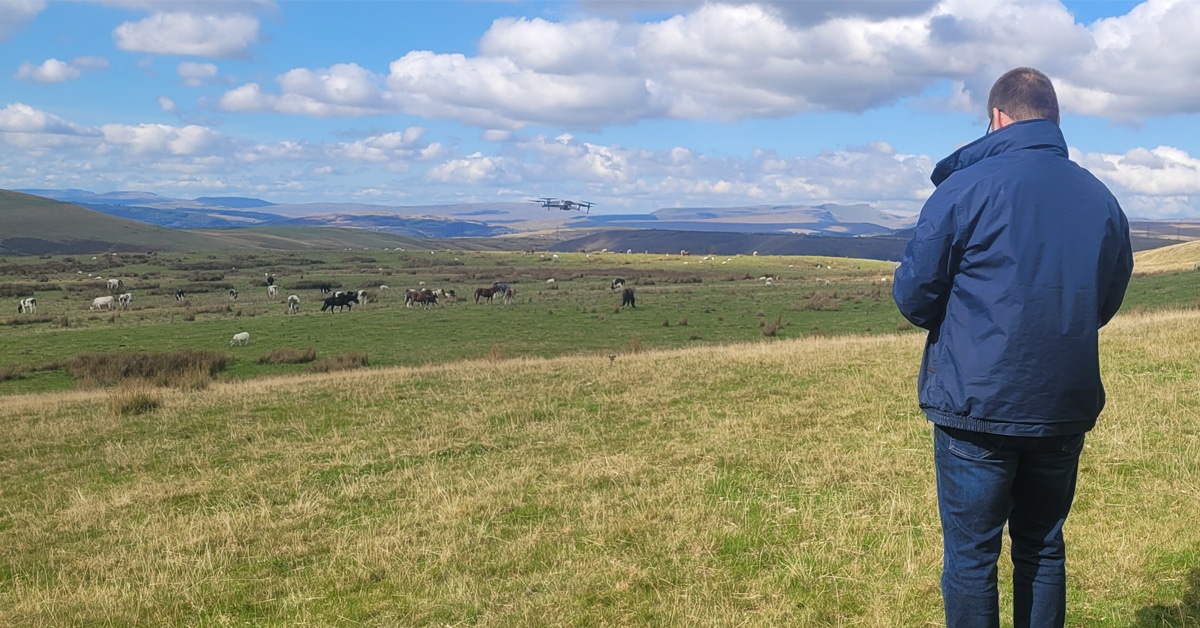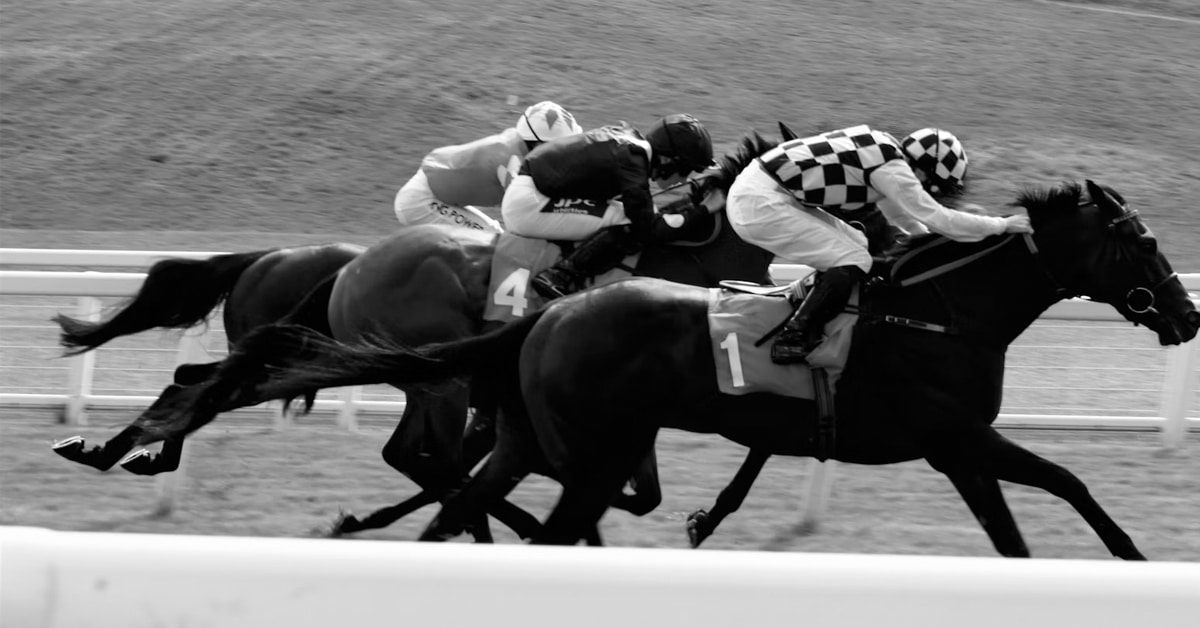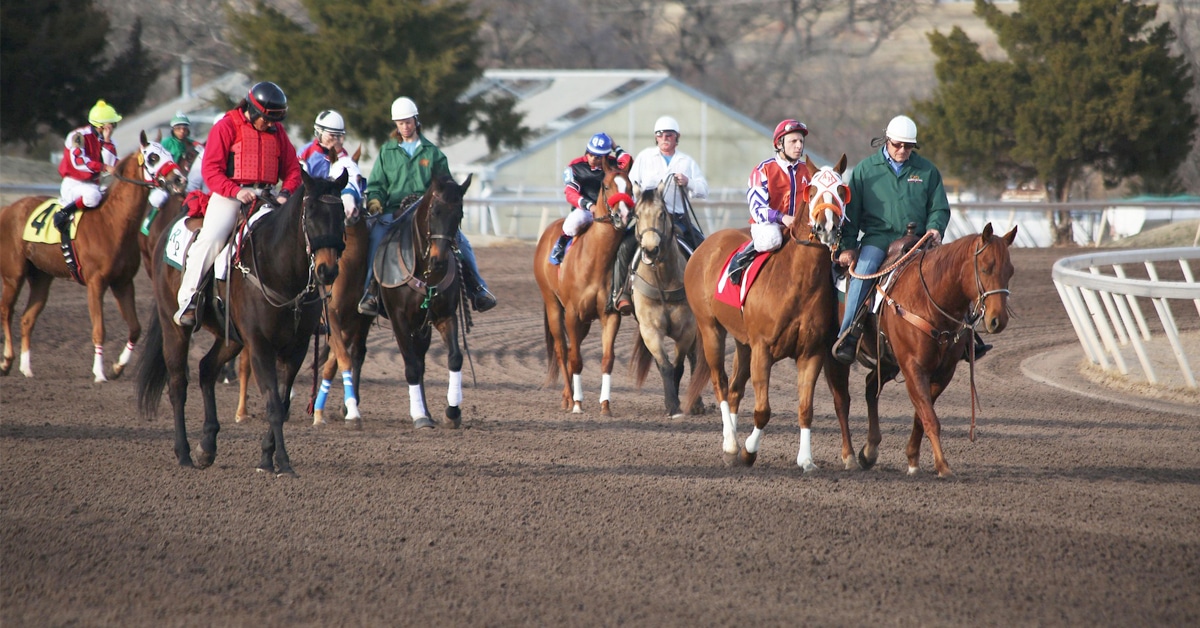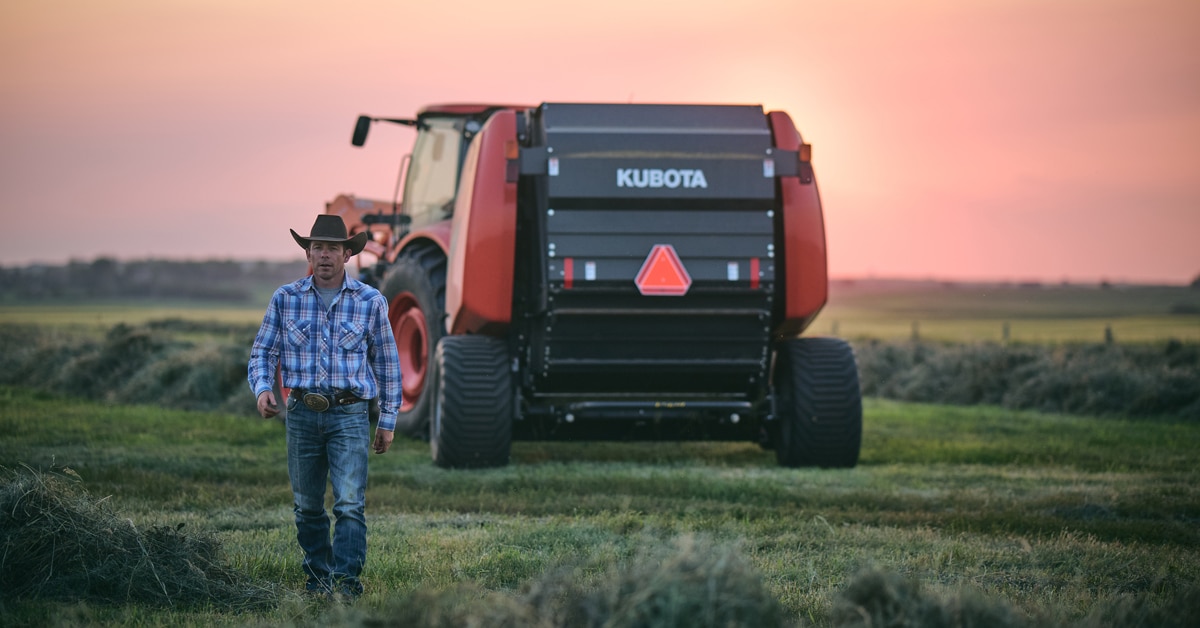There is nothing more frustrating than taking the time and research effort to select an appropriate feed for your horse and having him turn up his nose with a haughty air of complete disinterest. When horses don’t eat enough to meet their energy and protein requirements, they lose weight, and when they refuse to eat the most nutritious ingredients in the feeder, they miss out on vital nutrients that can, in the long run, affect performance, health and longevity. Like humans, horses have different behavioural traits that may be genetic or may evolve during maturation. These include particular tendencies and idiosyncrasies when it comes to feed and eating. Aside from those that are sick, few horses simply do not want to eat. Most of the time there is some barrier or valid reason for a horse not to have a good go at every meal offered. Horses have evolved to survive on meager pickings, so the norm is for them to take full advantage of every opportunity to consume extra calories in preparation for a possible fast that could be fatal in the wild. Domesticated horses live a somewhat privileged life, and many horses could be described as being spoiled when it comes to feed.
When an equine nutritionist hears statements like: “My horse just will not eat grass hay, only prime lucerne,” or “My horse will only eat sweet feed; he just doesn’t like pellets,” the nutritionist may find he is actually dealing not with the horse, but with the owner.
If horses are hungry and all valid reasons for inappetence have been ruled out, they should eat what you put in front of them provided it is good quality, clean, safe and designed to be fed in the manner you are feeding. It may take a few days or even weeks of persistence, but the horse will become accustomed to the feed and will follow his natural survival instincts before perishing because he would prefer something tastier. (Of course, if your horse isn’t eating, and you have any concerns, you should contact your vet or equine nutritionist for advice.)
So, why is your horse refusing the feed you put out? What could possibly be wrong with the feed or with the horse? How can you tempt a picky eater to enjoy his food and eat what is required to meet his demands? There are a number of reasons why your horse might be picky, and investigating the causes of this behaviour brings you one step closer to devising a solution for the problem.
Living Conditions
When it comes to how they are kept, horses can have similar reactions to humans. Horses in small, dark, enclosed stables that get out only to work can lose their appetite due to something akin to depression. Also, horses in a herd that are at the bottom of the pecking order and are incessantly bullied by a more aggressive herd member can become disinterested in food as a sign of general discontent.
Separation anxiety caused by either a move to another property, the removal of a herd mate, or simply traveling alone to a competition, for example, can lead to loss of appetite in some horses. Though it usually lasts for only a short period of time, the problem can be of significant consequence if that period of time falls at a critical juncture such as just prior to a big event when it can have dramatic effects on performance.
Keeping horses in airy stables with plenty of light and the opportunity to socialize through stall bars or maintaining paddock groups that get along relatively well can help horses that are sensitive to their environment in this way. Some horses eat much better when relaxed in a paddock than in a stable.
Sudden Changes in Feed
Horses are creatures of habit and any changes in feed should be made gradually. This is particularly so with picky eaters. Such horses have highly sensitive radars for anything different or unusual in their feeders, so if you need to change feeds or add a new supplement, you must take care to not just throw it in the feeder. The change is far less likely to be noticed if it is done gradually over a few days or weeks. Furthermore, changes in feed need to be made gradually for the health of your horse’s digestive system, so take your time and see if you can sneak in the new ingredient to avoid a battle of wills.
Tainted or Poor-Quality Feed
Horses are very sensitive to the odour of a feed or supplement, easily detecting any “off” scent that humans might not smell. If your horse has been eating a particular feed and suddenly refuses it, it’s possible that the feed is slightly mouldy or rancid.
Be sure that premixed feeds and straight grains are within their printed expiration date, and store feeds correctly to avoid mould or oxidation from exposure to air and moisture. In very hot weather, buy only enough feed to last a week or so to prevent fermentation of grains and molasses in storage.
Be a discerning customer when buying hay and chaff, and accept only clean, fresh-smelling forages that are free from weeds, dust, mould and evidence of rodent infestation.
Vitamin and Mineral Imbalances
In some cases, a deficiency of B vitamins can be the reason for suppressed appetite. Feeding plenty of forage ensures correct hindgut digestion, allowing adequate production of essential B vitamins in most cases. However, in horses that are working very hard, or those that are under stress or are having diarrhea (scouring), B vitamin production may fall short of requirements. Supplementing B vitamins can stimulate appetite.
Supplementation is best in an oral form rather than injectible. Powders can be mixed with water and given orally via a dosing syringe. Supplements should contain the full complex of B group vitamins at appropriate levels. A course of daily supplementation for 14 to 20 days will help to stimulate appetite in horses that have gone off feed suddenly. Strategic supplementation prior to and at a competition can help to maintain appetite at these critical times. In some rare cases, regular supplementation seems to be required, with the horse going off feed as soon as the supplement is taken away, but correct nutritional and work balance can often alleviate inappetence enough that this is not necessary.
Though electrolytes and salt (minerals) are very important in equine diets, particularly in working horses, feeding too much can suppress appetite and reduce feed palatability. Generally, palatability is reduced once salt is included at more than one percent of the feed, but with picky eaters, the tolerance level can be much lower than that. In many cases, it is better to offer free-choice salt separate from the feed, or to dose horses daily by syringe to get the right amount of salt and electrolytes into them. When adding or increasing salt in the feed, it is best to do so gradually. Though this will not always work with picky eaters, it can help to get the horse eating if no drastic changes are noticed in the feed.
Illness, Injury and Discomfort
Many equine illnesses are accompanied by anorexia or refusal of feed. Inappetence can be due to pain from an injury or general depression from illness. Though this is generally a temporary reaction, severely ill horses can have a poorer prognosis if they go off their feed. Trying to increase the energy density of the feed and taking steps to encourage appetite can help in these cases.
Causes of pain while eating include poor dental maintenance, mouth ulcers, gastric ulcers and inflammation or abrasion of the esophagus. All of these factors can have a dramatic effect on appetite and can prevent your horse from wanting to eat. If your horse has always been a good eater and suddenly or gradually, over a period of months, becomes a picky or reluctant eater, then consider that there might be underlying problems causing the inappetence.
Have your horse’s teeth checked at least once or twice per year. Some aged horses and those with poor mouth conformation need more regular maintenance, which your veterinarian or qualified equine dentist can advise you on. Pain in the mouth is a common cause of inappetence, and fixing the problem is as easy as a visit from the dentist.
Some feedstuffs such as barley hay with seed heads attached and feeds including oat or rice hulls are sharp and can cause damage to your horse’s gums as he eats them. Inflammation and infection of these sores can lead to painful mouth ulcers that can affect appetite. If you are feeding anything that you suspect might be causing abrasions in the mouth, take a look or get your vet to have a look inside your horse’s mouth and consider changing the feed to prevent the problem.
Horses on high-grain diets and those not getting enough forage in their diets are prone to gastric ulcers. Horses in hard work and horses that get stressed during travel and competition are also at risk of ulcers, as are those that have had to be maintained on phenylbutazone (bute) for an extended period of time or that have not been eating and have had extended periods with an empty stomach.
If gastric ulcers are a possibility, contact your vet and ask to have your horse undergo an endoscopic evaluation, or ask your vet about treating for ulcers, which can also act as a diagnostic tool. If ulcers are confirmed, treat according to veterinary advice and then take measures to prevent the return of the ulcers, including adding more forage to the diet, reducing grain intake and increasing energy intake from fat and fibre sources. Equine antacids may be helpful, particularly during stressful times like travel and competition.
Some types of feed can cause abrasion and sensitivity of the mucous membranes of the esophagus. Rough, stalky hay can cause problems, though this is quite rare. Feeding copper sulphate (bluestone) can cause abrasions, as it is caustic even in relatively small quantities. Horses that regularly suffer choke from bolting their feed or from problems with the conformation of the throat or the position of the feeder are prone to inflammation and abrasions of the esophagus.
Feeding dampened or soaked feeds and forage can assist a horse who is suffering from a sore throat, and feeding from the ground is a better option than using an elevated feeder. A horse eating from the ground stretches out its esophagus in a straight line, while feeding from an elevated feeder causes a slight bend in the esophagus that can obstruct food and make it less easy to swallow.
Further, hindgut acidity can cause discomfort and lead to reduced appetite. Hindgut acidity is a problem primarily with horses on high-grain diets and those grazing pasture grasses high in fructan. When this is coupled with scouring, weight loss can be profound and can happen quickly. The cause of acidity must first be established and removed or managed in order to reduce the problem. If a high-grain diet is the cause, then reducing meal size and choosing heat-processed grains (corn and barley) rather than rolled or crushed grains to improve small intestine digestion should be the first step.
For scouring due to pasture or hay type, add some well-cured grass or cereal hay to bulk out the roughage and reduce the overall energy density of the forage component. With horses that are scouring due to illness, veterinary consultation is necessary. Horses will often scour following administration of an antibiotic course, and this can sometimes be prevented by using probiotics alongside the treatment. Often probiotics can assist in getting the horse’s digestive system back on an even keel following a period of low-grade acidity or scouring. Choose a reputable brand and follow the directions on the packaging for best results.
Horses in Hard Work
As horses progress in their training, they sometimes lose their appetite. As they get fitter, they can require larger and larger portions of hard feed, and any sudden increase in work can simply turn them off their feed. It is thought that there may be hormonal reasons for this sudden decline in appetite, so it is best to prevent this if possible.
Make changes in work gradually, and as feed needs to be increased, increase the number of meals rather than simply the size of the meal. Feed no more than 2.5kg (5.5lb) of hard feed in one meal plus chaff if required.
Be sure to provide plenty of forage. Preferably the largest proportion will be long-stem forage (hay and pasture) rather than all chaff, so that the horse spends more time chewing and is less likely to develop gastric ulcers. Rather than automatically increasing just the grain, or adding bulky ingredients such as bran, try adding more concentrated energy sources such as high-fat feeds and supplements so the overall volume of feed is not increased too much, but the important energy is still provided in the right quantity. Instead of using dry, stalky hay, choose softer hay with more leaf, which will be more nutritious per mouthful.
Many owners or managers wisely choose a period when their horse is out of work to introduce new feedstuffs, at a time when a slight loss in condition of no consequence. The time to dig your heels in is not just prior to a race, show, or major event for which your horse needs to be in peak condition. Many coddled horses have been cured of pickiness by being returned to a natural state of living in a paddock with reduced supplementary feeding, and this may be one option if you have the time and don’t mind a change of environment and condition.
PREVENTING WEIGHT LOSS
If your horse is losing condition due to inappetence, feeding high-fat feeds and fat/oil supplements can be a great way to get extra calories into the feed bucket in a relatively small volume of feed. Oil and fat contains about three times the amount of energy as oats on a volume to volume basis, so one cup of oil has about the same energy as 1kg (2.2lb) of oats. Adding oil or a high-fat supplement increases the energy density of the feed, making each mouthful more calorie-rich. Even if the horse only eats half of the supplemented feed, the calories taken in are significantly more than with grain feed alone.
Some appropriate oil choices are flaxseed, canola, corn (which has been found to be the most palatable), sunflower, mixed vegetable and fish oil. Choose only new oil and avoid any oil claiming to be recycled or anything from the restaurant industry, as this has been used for frying and has different properties from fresh oil.
A normal amount is one to two cups of oil per day or a total of 1-2kg (2.2-4.4lb) of high-fat supplements with or without added oil.
Other high-fat supplements include rice bran, sunflower seeds and soybean meal, which can be useful for horses with an aversion to oil or can be used in combination with oil to reduce the overall volume of oil required.
In cases where it is imperative that the horse eats, such as if the horse is sick and weak, or if refusal of feed over a period of time while away at competition is affecting performance, the smorgasbord approach can be very useful. Providing a range of different feedstuffs in an attempt to find something that the horse will voluntarily eat will help to satisfy the immediate requirement of getting something into the horse.
Though offering new and strange feedstuffs to horses is not usually recommended, in some cases this rule takes a back seat. Smorgasbord meals should be small (around 0.5-1kg or 1.1-2.2lb per feed type), and once the horse has chosen a particular feed, the others are generally removed.
TIPS FOR INCREASING APPETITE
Dealing with inappetence can be frustrating. The trick is to work out why the horse is not eating and then fix the cause of the problem, which can be an exercise in trial and error at times. Here are some ways to improve appetite and tempt picky eaters:
- Increase turnout if possible. Grass provides a significant amount of nutrition. Horses that eat plenty of grass may not need any supplementary feed unless they are performing a moderate or high level of exercise.
- Feed the best-quality hay you can find. Alfalfa (lucerne) or an alfalfa/grass mix will be appealing to most horses. As with a grass diet, horses that eat plenty of good quality hay may not need grain or nutritional supplements.
- Be sure feed containers and troughs are clean and smooth, not covered with barn dust, feed residues and rough spots. The horse could be backing away from sharp edges or the musty smell of old feed particles caught under the edge of the feed bin.
- Change or enhance the taste of a feed. Stir in some honey, add a little applesauce, apple juice or molasses, or top-dress with chopped apples or carrots. Some horses like sliced or mashed bananas while others can’t resist flavourings like cherry, rosemary, peppermint, oregano or cumin. You can start with a small quantity of the chosen flavour mixed with a small amount of feed to see what might win your horse’s favour.
The Latest

